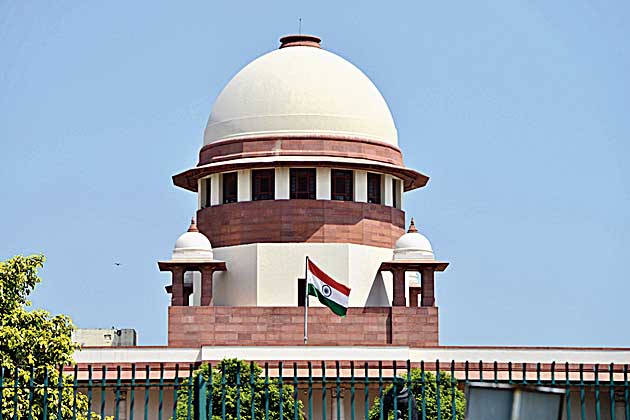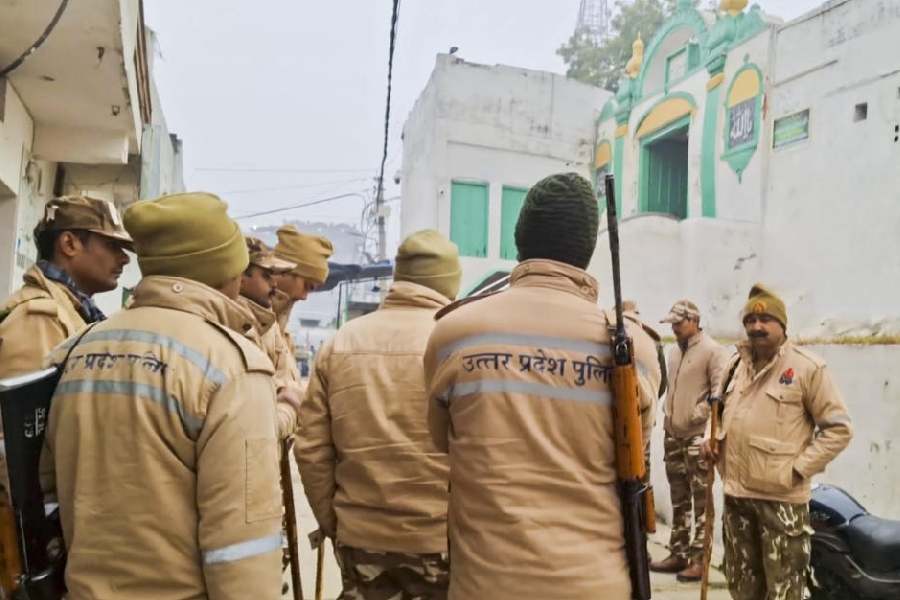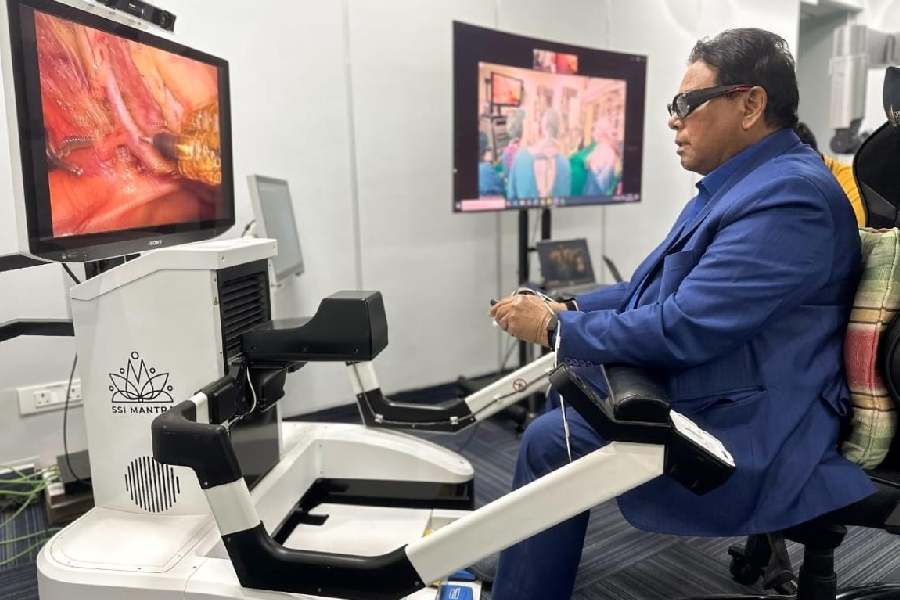The Supreme Court has ruled that hotels are liable to compensate guests if their car parked by a valet gets stolen even if the free parking tokens visitors are handed claim the management is not responsible for theft of vehicles.
Justices M. Shantanagoudar and Ajay Rastogi said the liability was more on five-star hotels, which charge patrons exorbitant rates.
“It cannot be denied that valet parking service, even if offered gratuitously, benefits the hotel. A hotel holding itself out to the public as providing such a service seeks to pitch it as a value addition to the experience of a guest and incentives (for) greater footfall.”
The “burden of proof”, the bench added, was on the hotel concerned to show that the “theft did not occur due to its neglect or misconduct”.
The recent judgment came as the court dismissed the appeal filed by a Delhi hotel that had challenged the concurrent findings of the state consumer commission in 2016 and the National Consumer Disputes Redressal Commission in 2018.
The findings had held the hotel guilty of negligence in preventing the theft of a guest’s car.
The guest had handed over his Maruti Zen for valet parking around 11 on the night of August 1, 1998. The parking tag he was handed read: “Important condition: This vehicle is being parked at the request of the guest at his own risk and responsibility in or outside the Hotel premises. In the event of any loss, theft or damage, the management shall not be held responsible for the same and the guest shall have no claim whatsoever against the management.”
The guest was later informed that his car had been stolen. The state consumer commission awarded him Rs 2.8 lakh as compensation, a ruling the national forum upheld, prompting the hotel to challenge the order.
The top court dismissed the appeal, saying valet parking offered an hotel an “edge” over others, as visitors are generally inclined to accept the greater convenience of having someone else park their vehicles in a secure place. “Therefore, for such cases, there exists an implied consideration for the contract of bailment created by virtue of the valet parking service.”
A bailment’ is the delivery of goods by one person to another for a purpose upon a contract that they shall, when the purpose is accomplished, be returned or otherwise disposed of according to the directions of the person delivering them.
Justice Shantanagoudar, who wrote the judgment, said the guest had handed over his car to the valet; so the management was bound to indemnify the loss under Sections 148 and 149 of the Contract Act, 1872.
“Thus, the Appellant-hotel cannot refute the existence of bailment by contending that its valet parking service was purely complimentary in nature and that the consumer had not paid for the same. In other words, the existence of a bailment relationship is clear.
“Given the existence of a bailment relationship, the failure of the Appellant to deliver the car to Respondent No. 2 (the car owner), raises a prima facie case of negligence against it,” the judge said, dismissing the appeal.











